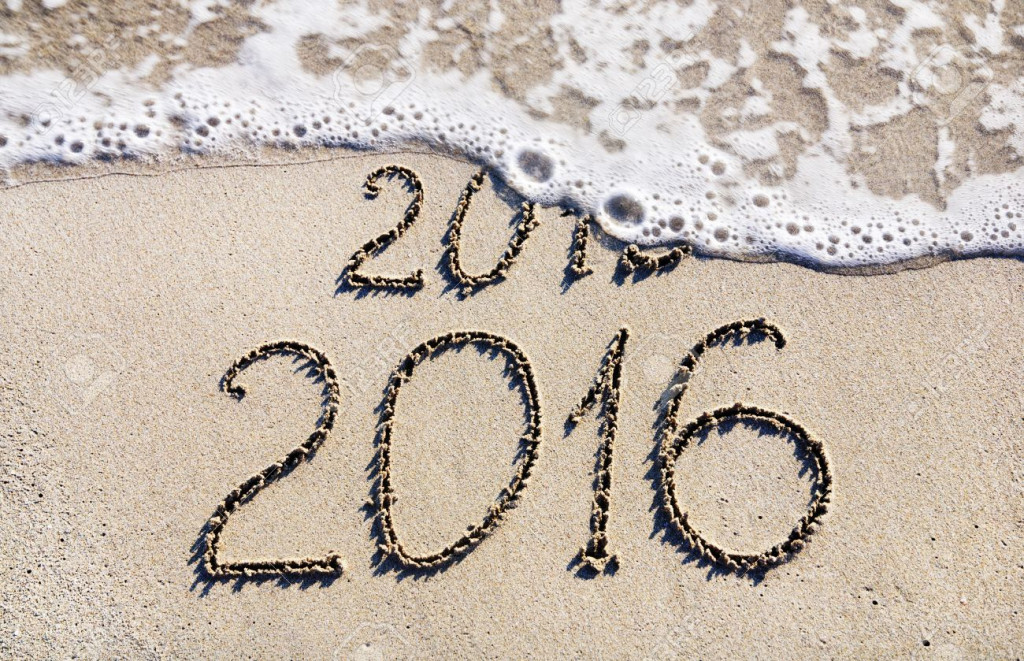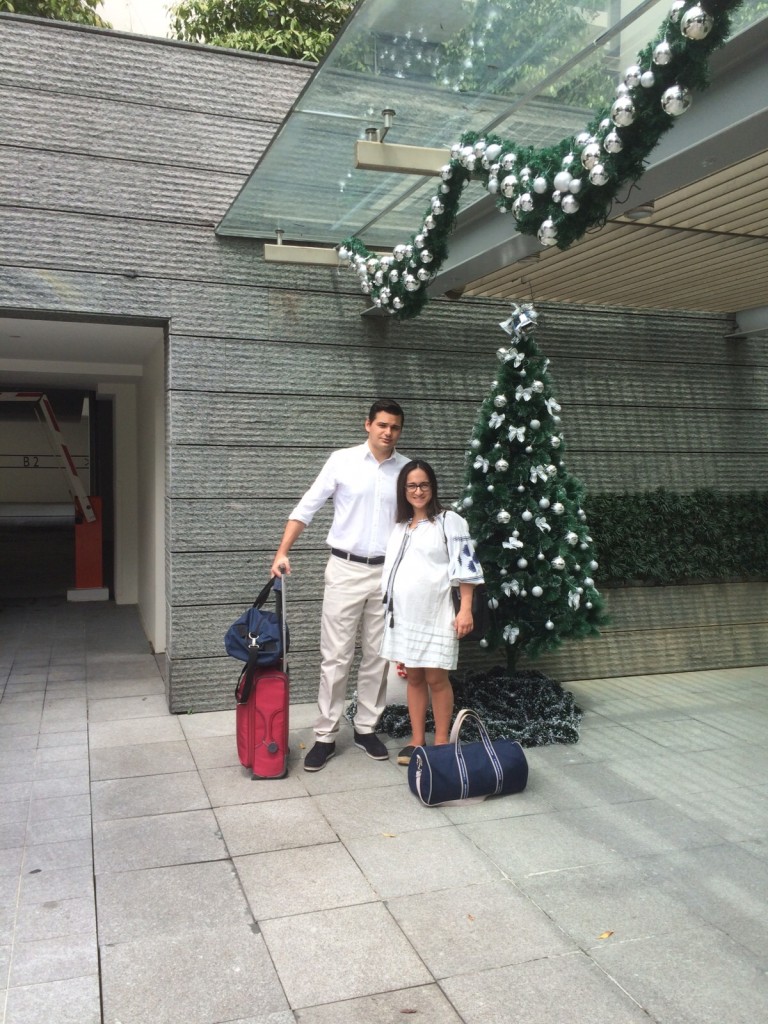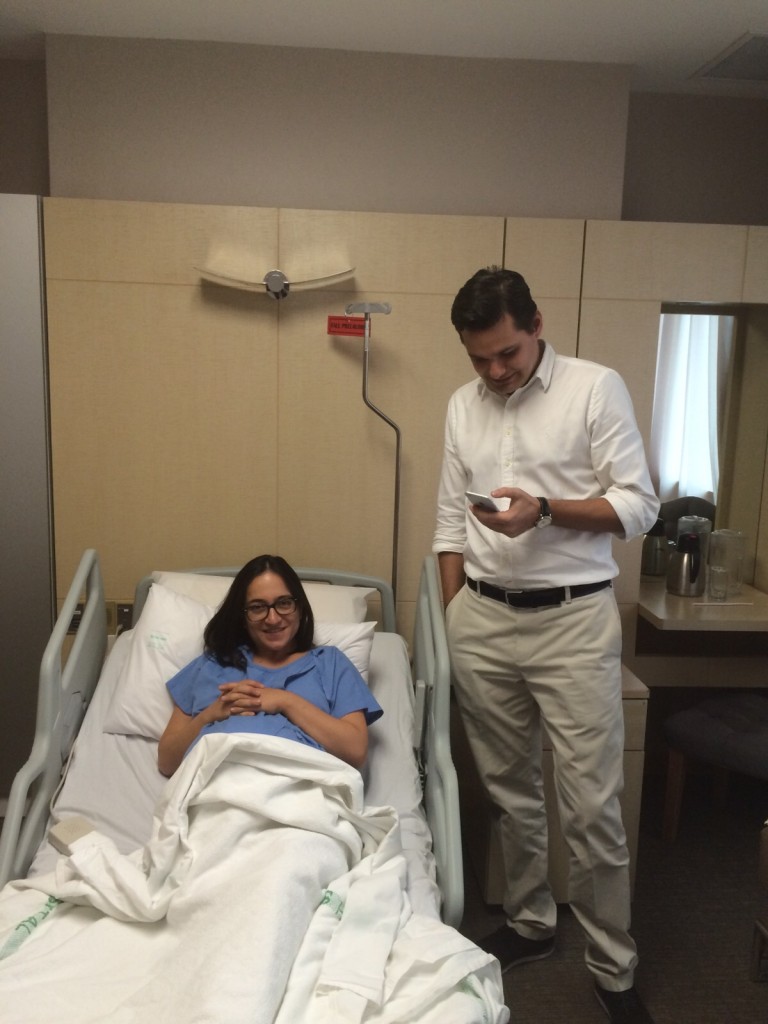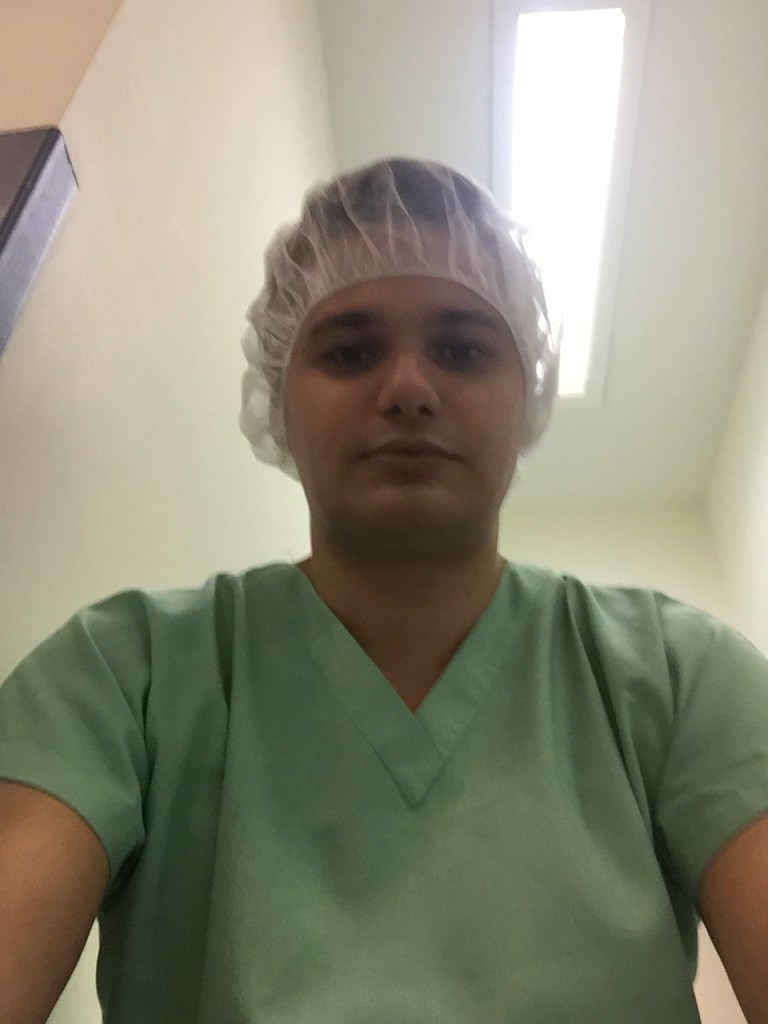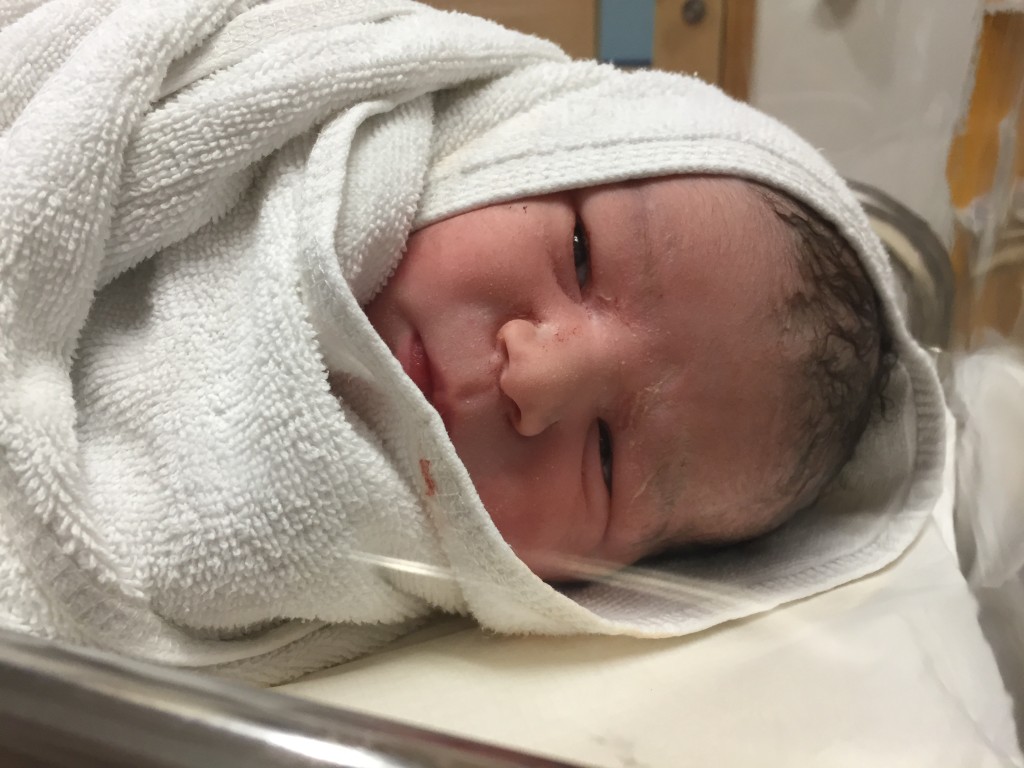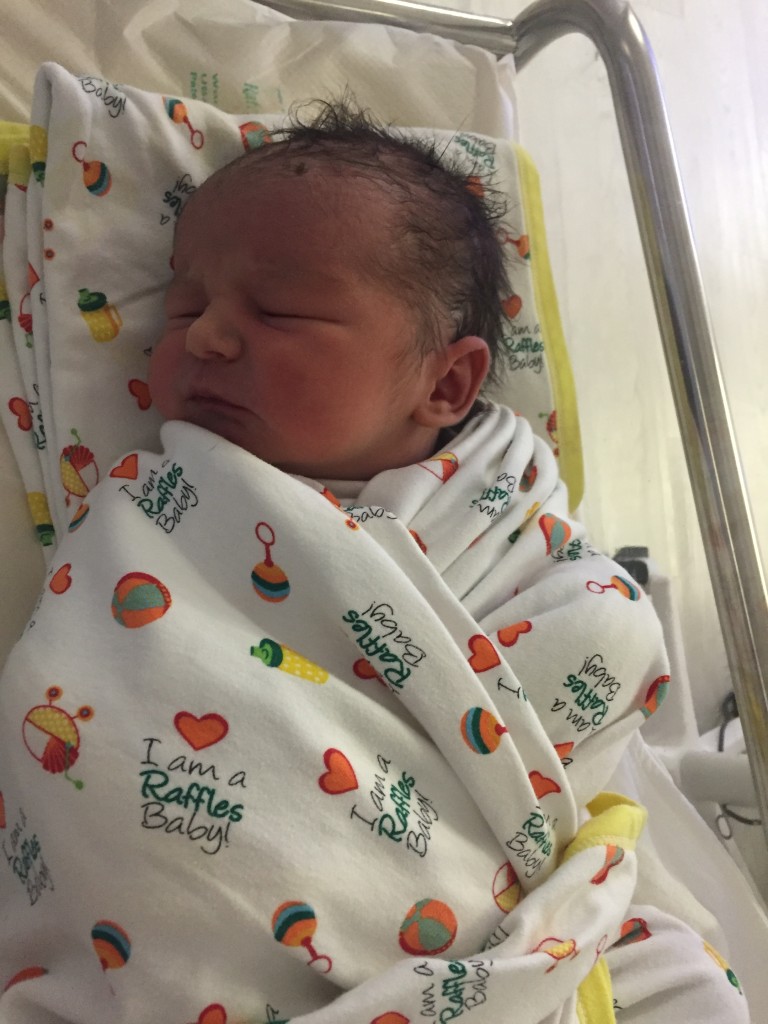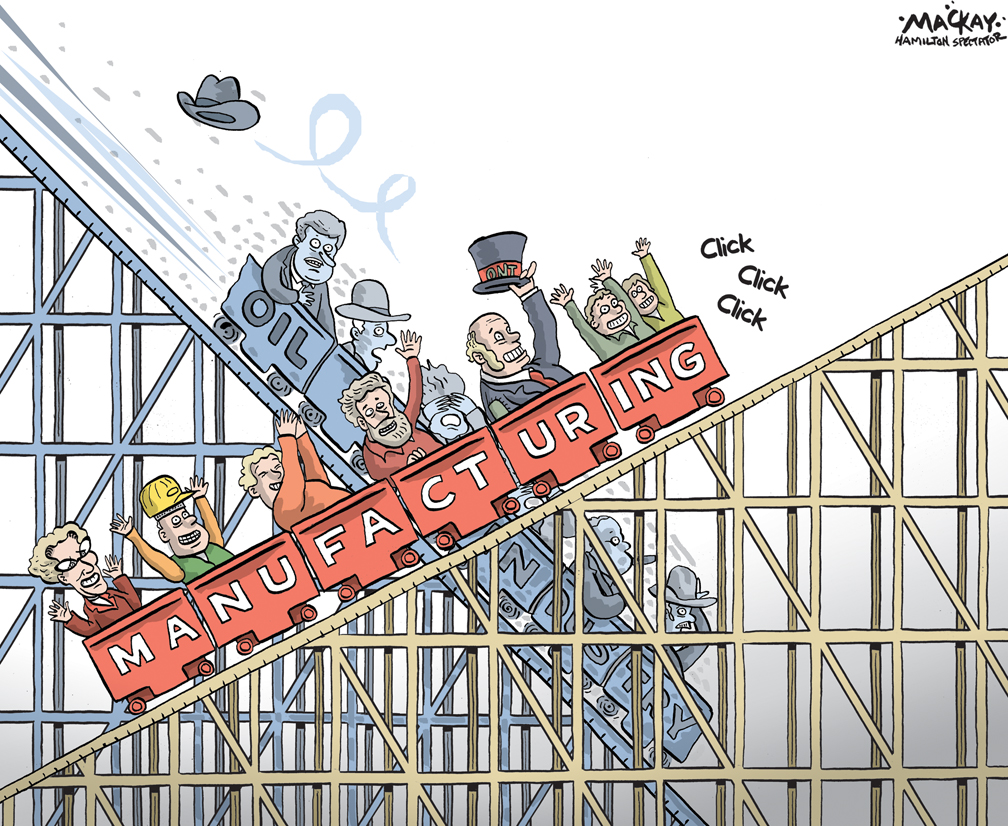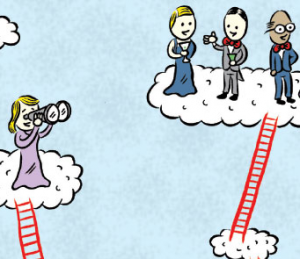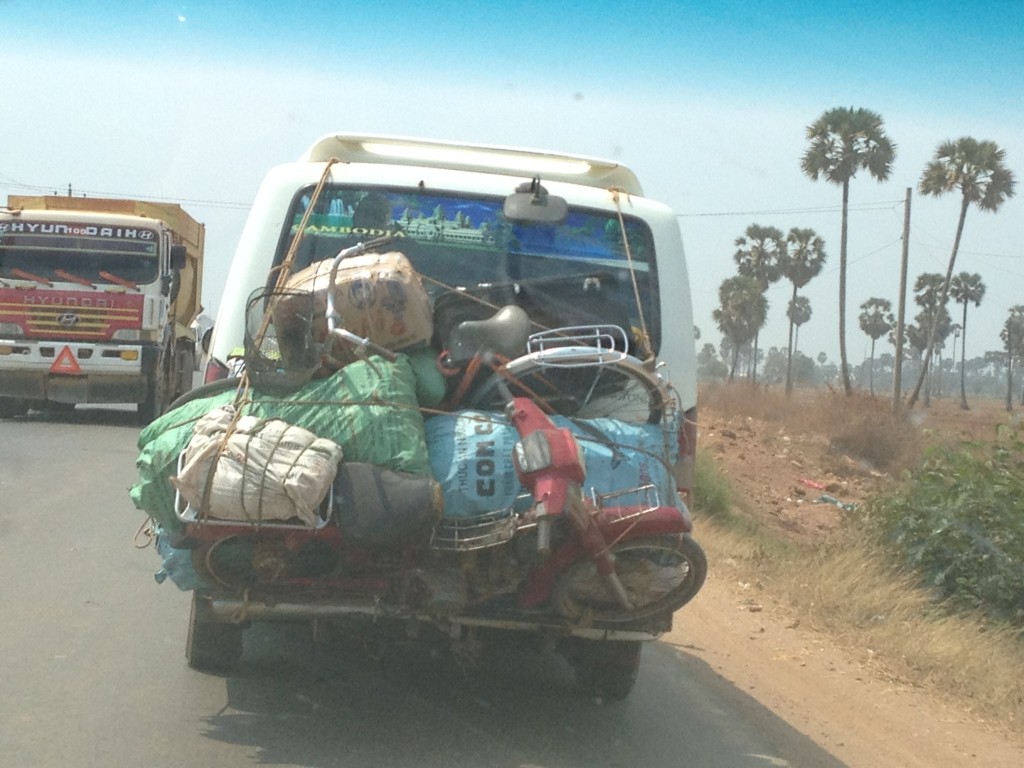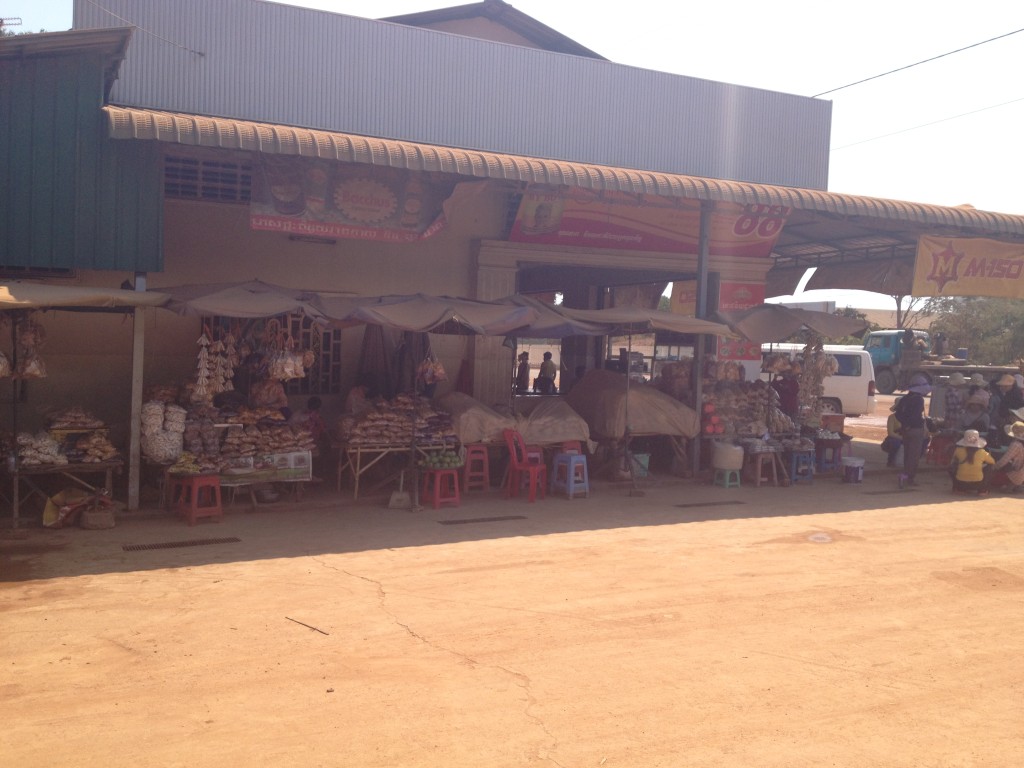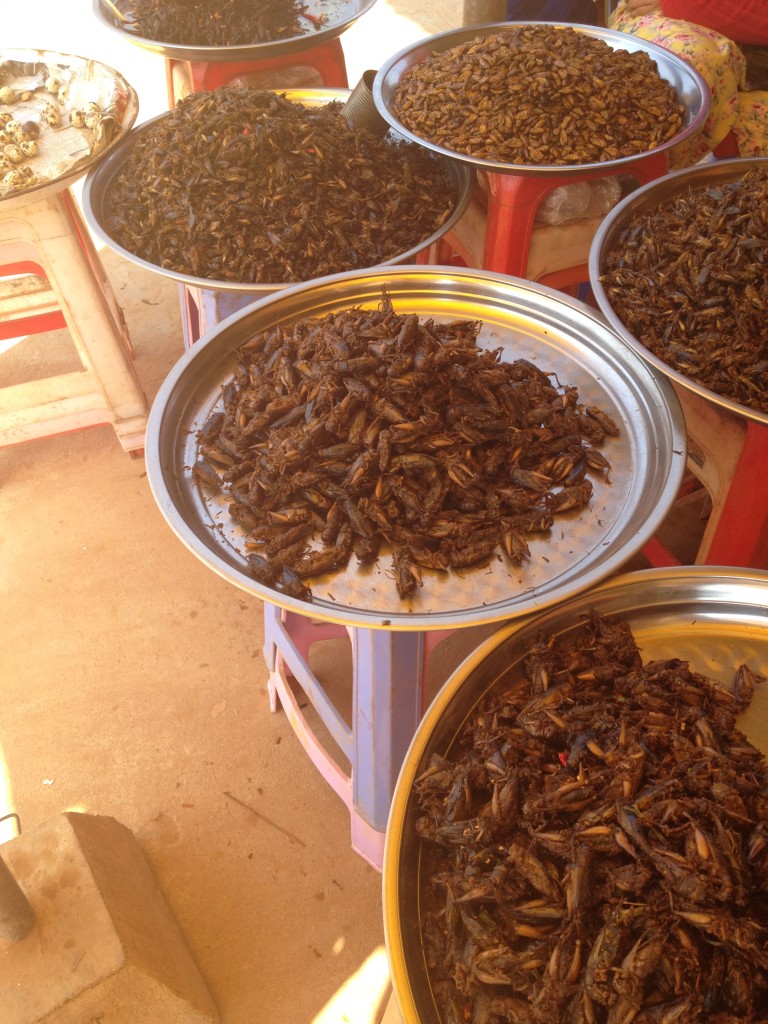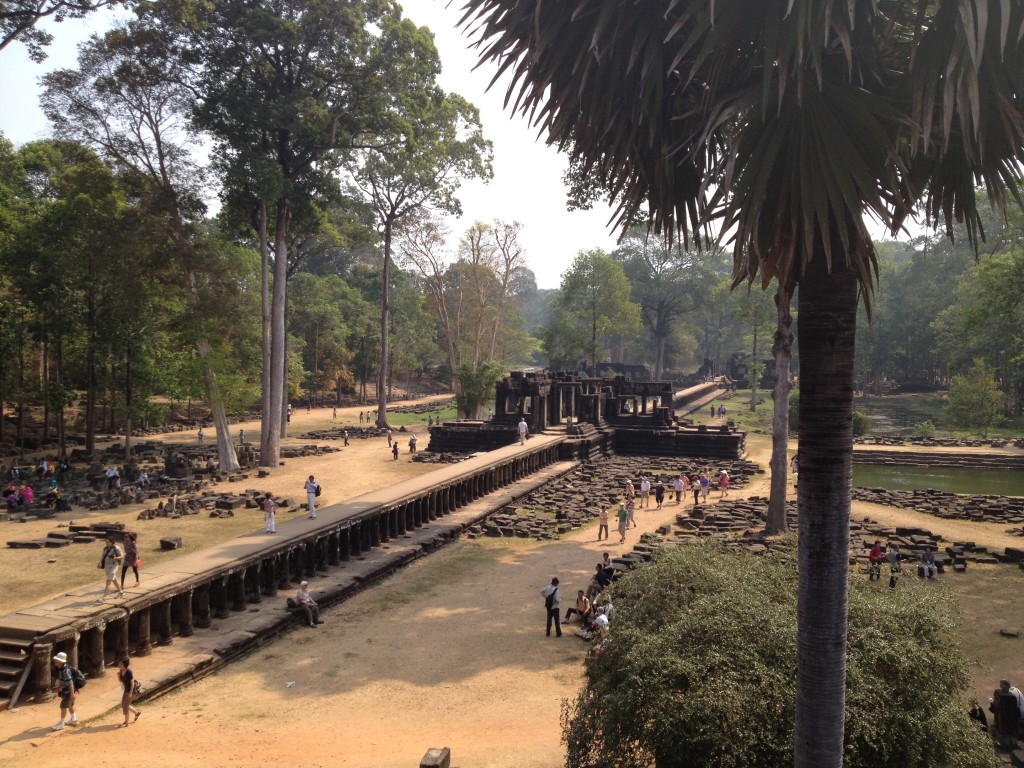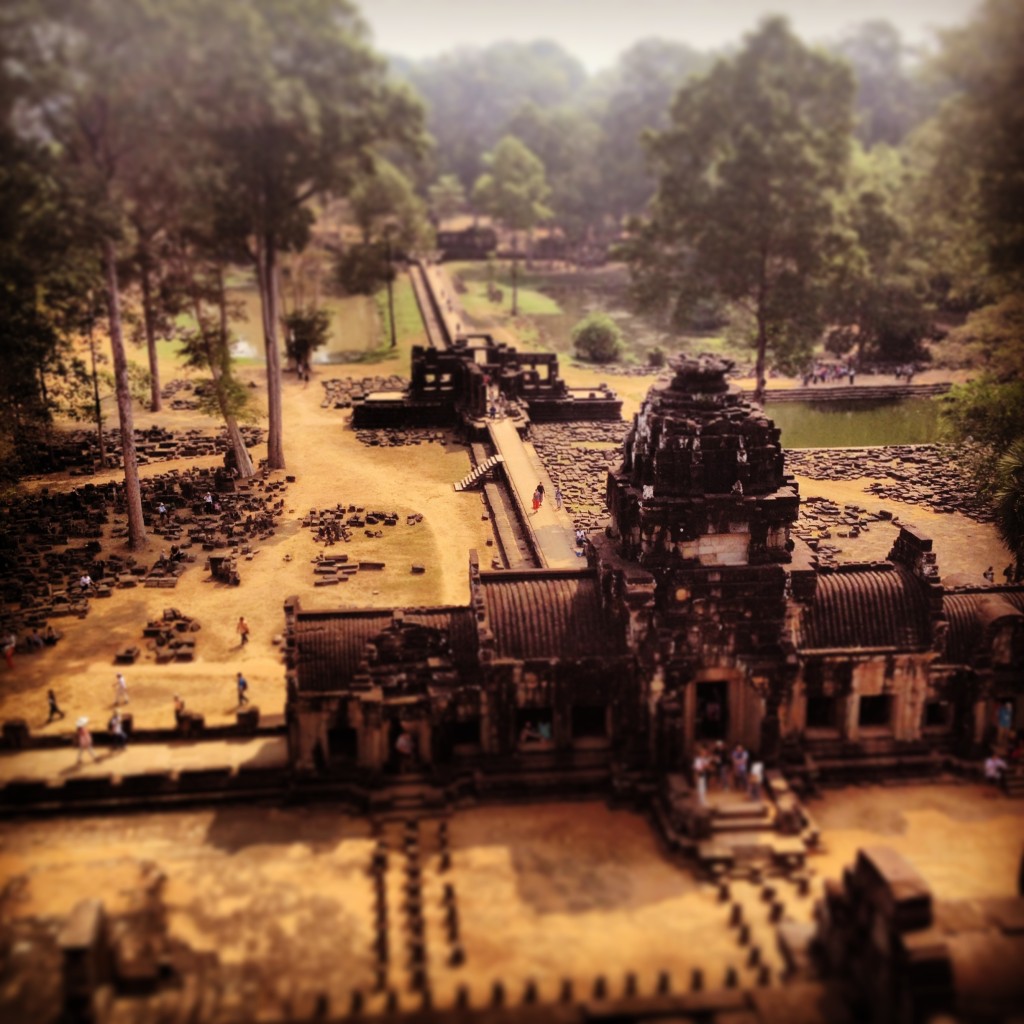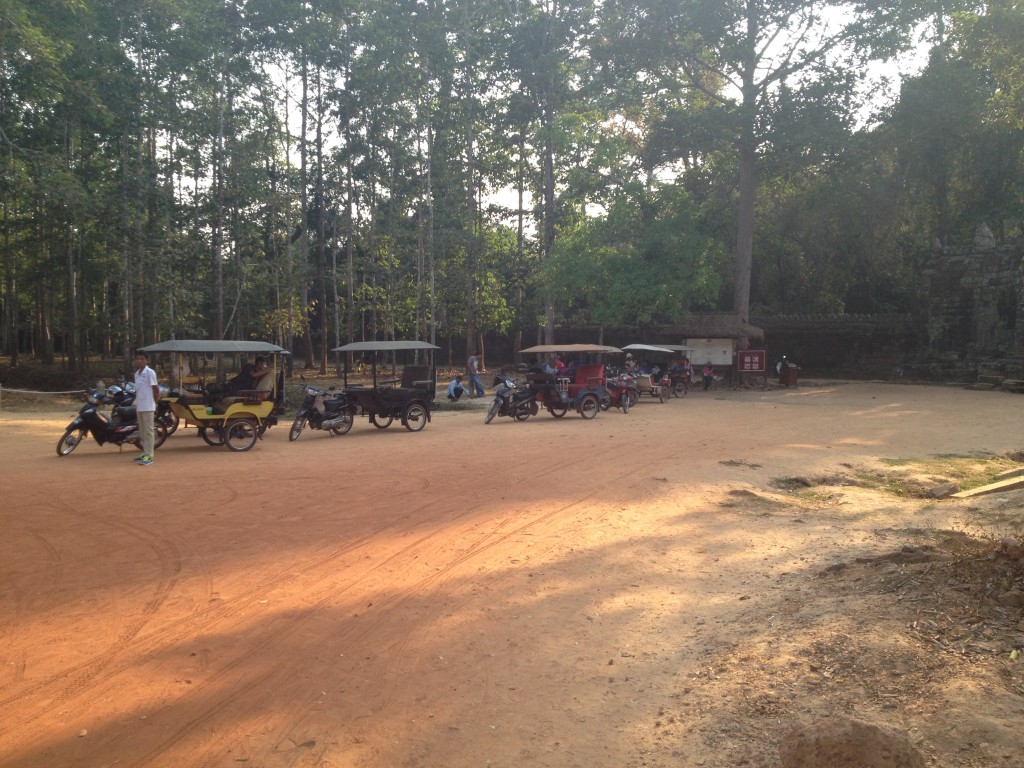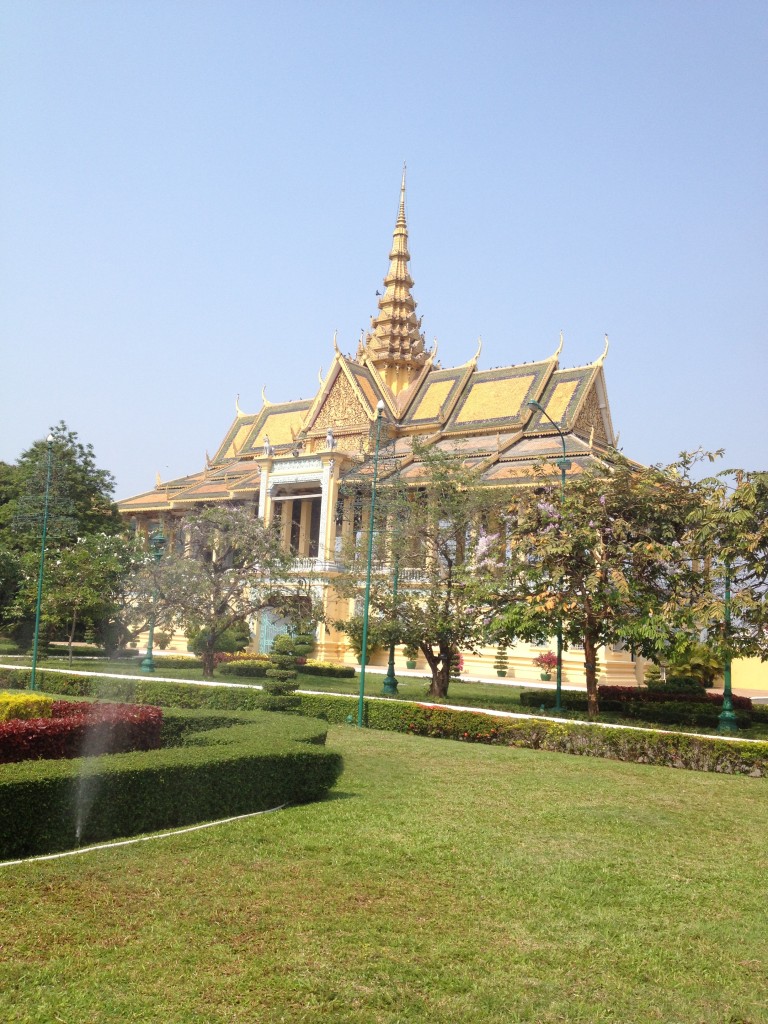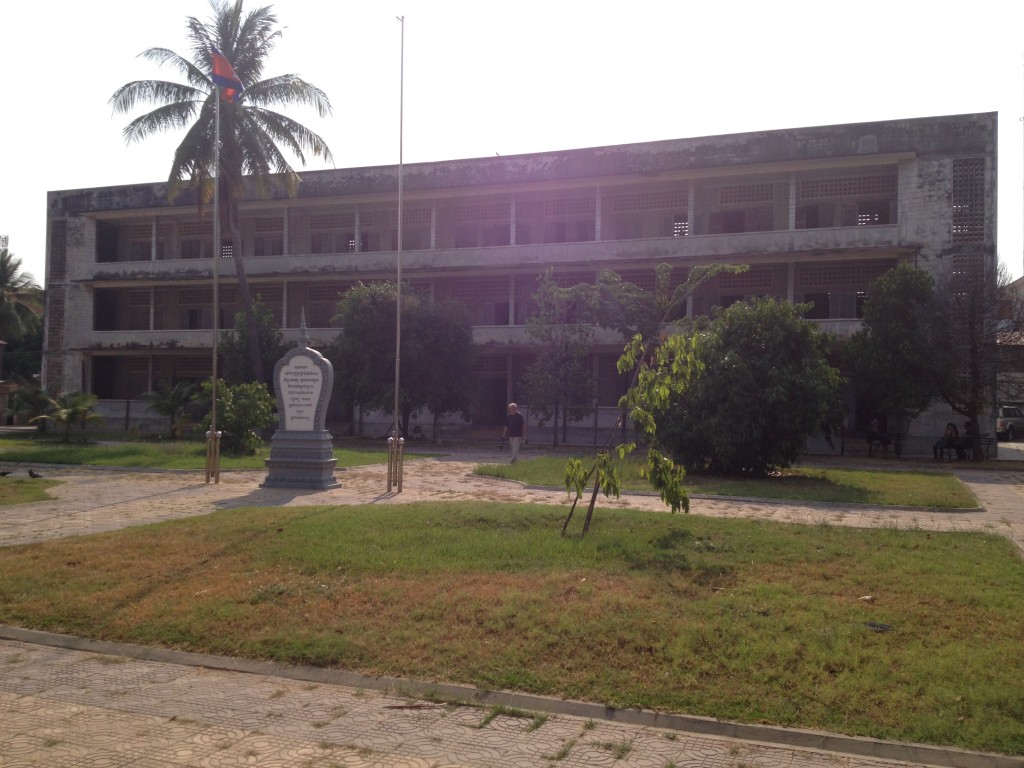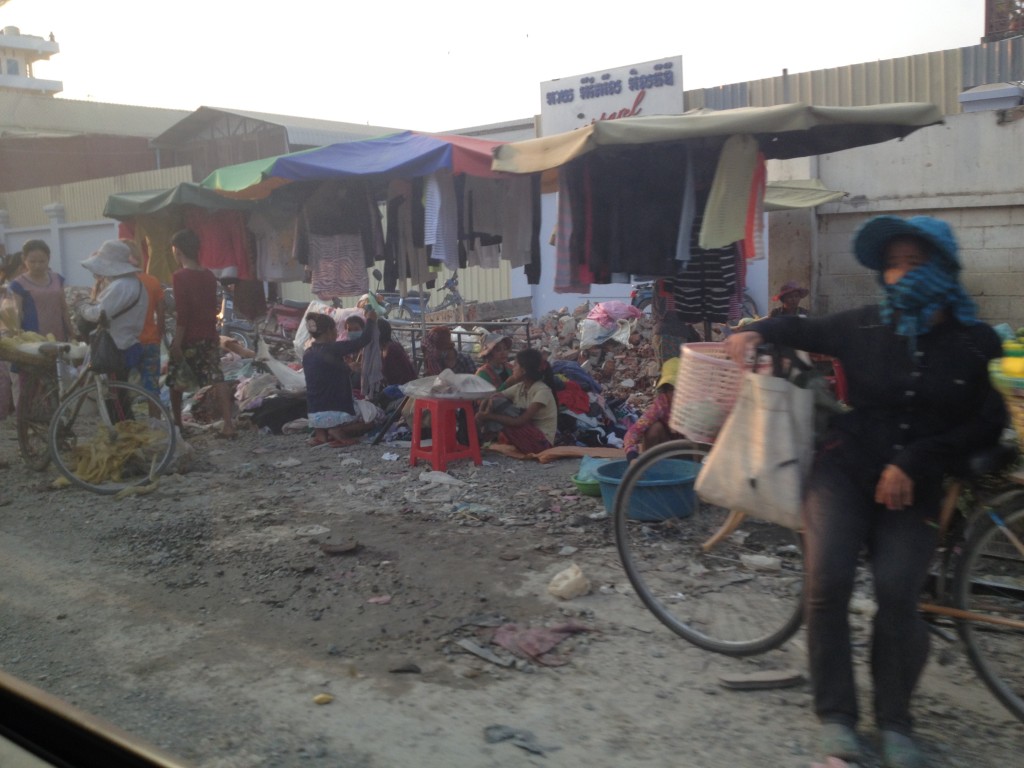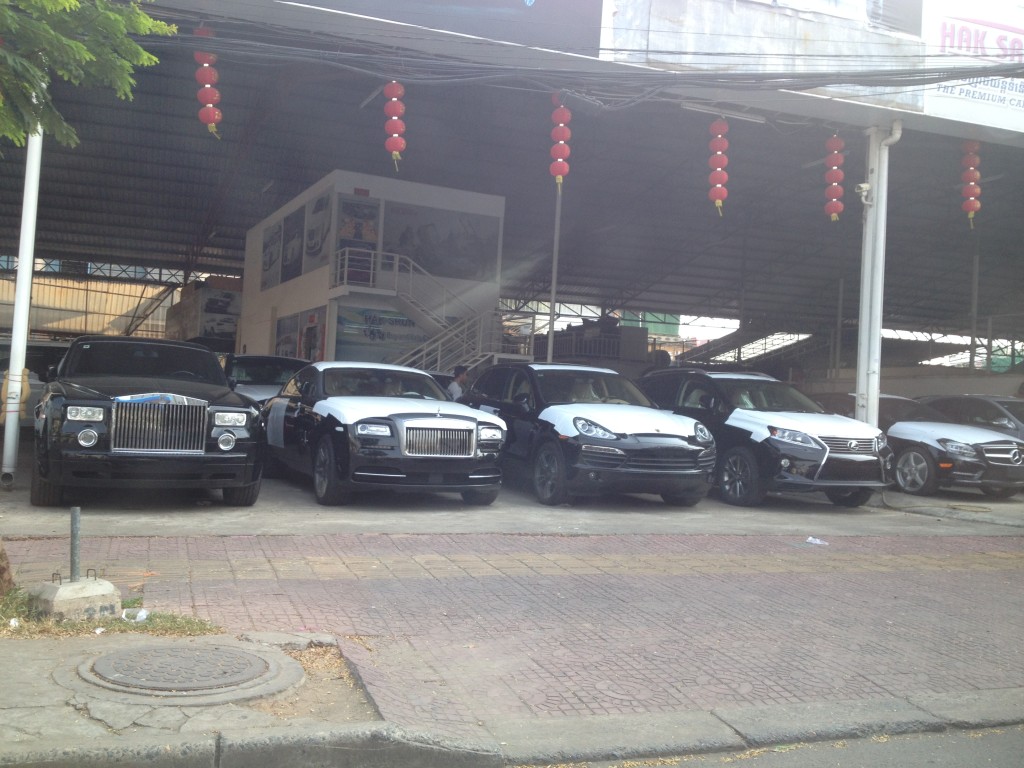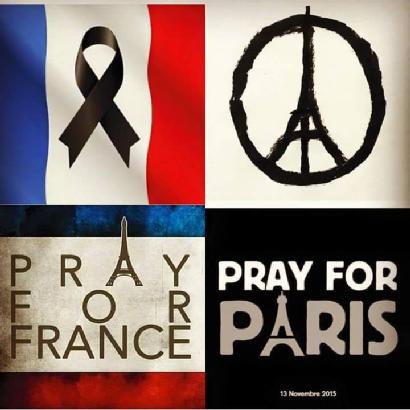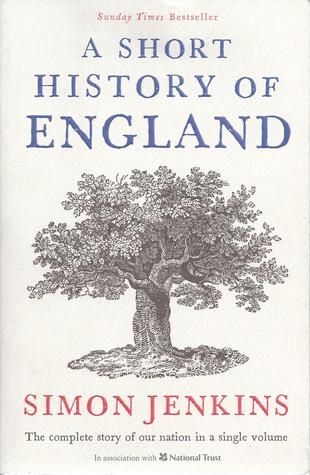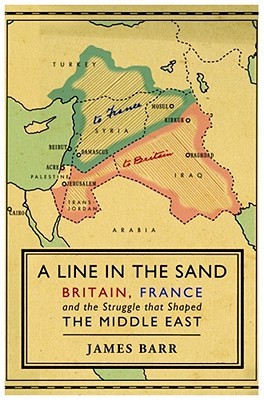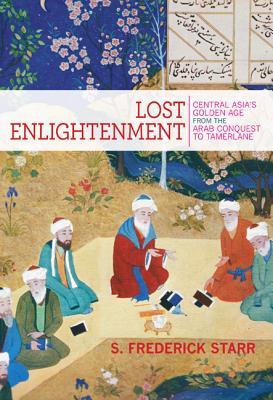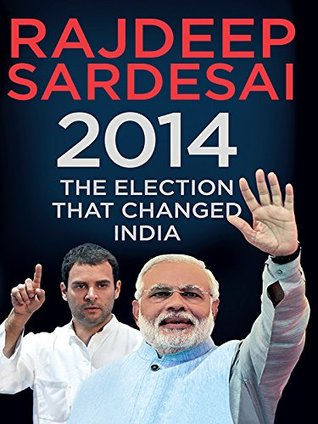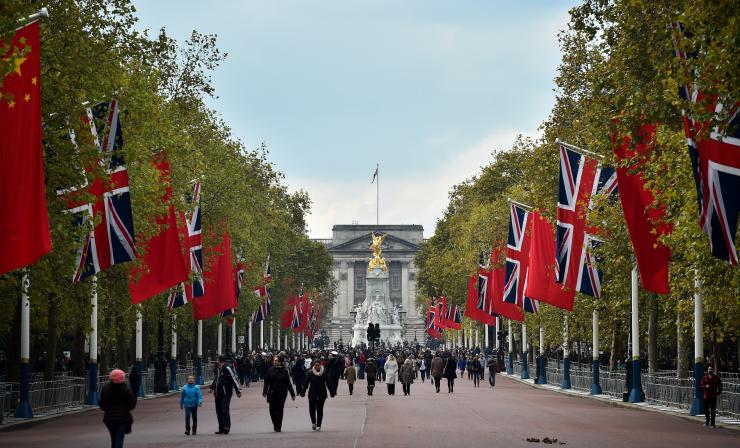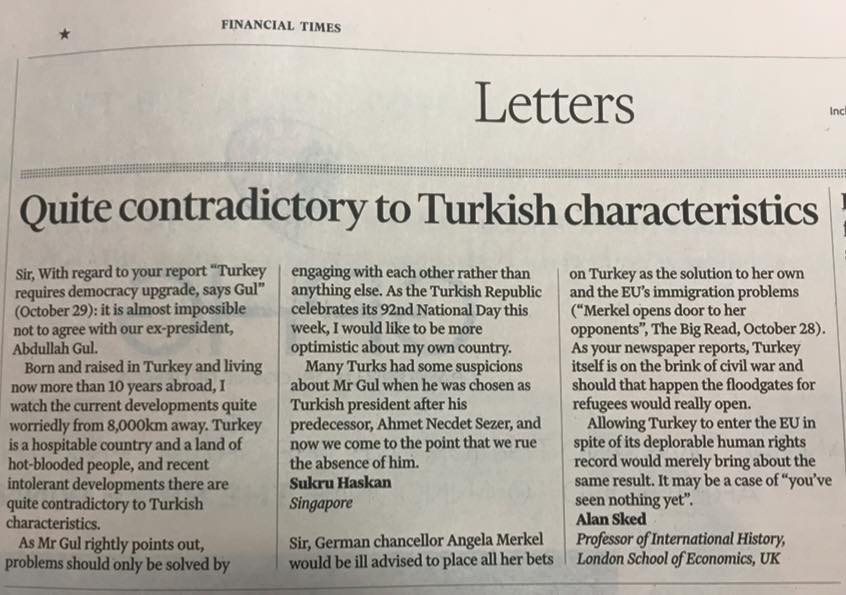When I was a child and studying in primary school, the world population was estimated at 6 billion people. That was 25 years ago. As we approach 2016, the estimated world population stands at 7.3 billion people.
What can 7.3 billion people expect in 2016?
To start with, 2015 was not an easy year for the world. Conflicts in the Middle East have triggered the largest dislocation of people since World War II and we have witnessed major disagreements in the developed world regarding sensitive and humane issues.
We have seen the first interest rate hike from FED in the last eight years during the last days of 2015 and we experienced major government changes in Myanmar and South American countries including Argentina and Venezuela.
In 2016, we will witness the US presidential election taking place on 8 November 2016. The Obama administration will come to an end in 2016 and I hope a good leader will continue his legacy for the coming years. This will be the biggest major event in 2016 since the US can change the course of events substantially if there is a major policy shift. My own bet is on the Democrats continuing to run the presidency in the US.
According to The Economist, one percent of the world’s population will enjoy more wealth than 99% of the population for the first time in 2016. This worries me a lot since both World Wars began with disagreements regarding the division of resources. We have to solve this problem as soon as possible, otherwise we will all be dragged into this problem at some point and human history may talk about a third world war in the 21st century. I think the probability of a large scale war in the next 10-20 years is very high unless we do something fast.
Europe is expecting another 1.5 million refugees in 2016. The 1 million barrier has already been crossed in 2015 and more will follow in 2016. I believe developed countries in Western Europe cannot really manage this crisis properly and this is another big challenge we face.
The Olympics, Rio 2016, are just around the corner and the European Championship held in France will be another major event in 2016. I wish Turkey and England the best of luck in these tournaments.
We should prepare for another hectic year in the financial markets as well. A rate hike will very likely continue in the US and we will experience the effects of this new “normal” on the emerging markets. Europe will likely get better in 2016, but nothing really fantastic is expected from the European side.
The Chinese slowdown will continue to be the main theme in 2016 and I personally see no real upside on the commodity prices. This will very likely stretch to Middle Eastern countries and taxation policies could be on the way for many zero tax countries in 2016.
I am quite optimistic about Latin America as they have already started dealing with their problems quickly and major government shifts will very likely improve these economies since they have hit the bottom. The only exception could be Venezuela. A moratorium from Venezuela would not be a surprise for me in 2016.
India is very likely to do well in 2016 just like 2015! Turkey is not an easy bet. Of course since I am originally from Turkey, I want Turkey to do well but the political situation in the nearby countries such as Iraq and Syria will make 2016 difficult for Turkey. In addition, the outflow from the emerging markets will be another challenge. I believe long term investment in Turkey will still have higher yield than many markets.
It will be interesting to watch the EU referendum in the UK – I hope the UK chooses to stay in the EU.
New technological “disruptions” in the Fintech and Virtual Reality spaces will be themes to watch in order to not be left behind.
On a personal note, I hope to witness my child’s one year birthday. Improving and expanding my knowledge and experience will be my main focus this year as well. I want to continue to develop my French language skills along with expanding my personal and business network.
I hope that I can visit five new countries in 2016. My agenda is New Zealand, South Korea, China, Georgia and Brunei. I hope I can achieve this!
Taking this opportunity, I wish you a merry Christmas and a happy new year!
Thank you for your reading my blog in 2015.
All the best from Singapore.
Sukru Haskan
Twitter: @sukru_haskan
